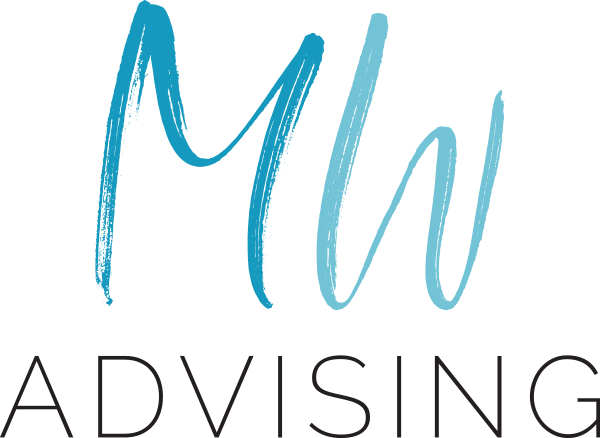“…a willingness to act on the basis of, the words, actions, and decisions of another” (Lewicki & Wiethoff, 2000, p. 87). We commit to tasks through our words, and our actions speak louder than words. Building trust with others requires that others are willing to believe in and act on our words, actions, and decisions.
In the literature, decisions are defined as choices made from possible alternatives (Daft & Marcic, 2017). Decision-making is the process of making those choices. When was the last time you thought about the process you utilized to make that choice? Most of us don’t. In our personal lives, we are often rushed and doing too much. It’s the same deal in our professional lives. We are rushed and taking on too much. One of the biggest pitfalls of decision-making is satisficing – choosing the first alternative over the best alternative. Similar to a Google search (easily available information), we tend to choose the first few returned items in the search versus weighing the best alternatives.
Our decisions affect more than us as individuals. They affect those directly in our immediate circle – either your direct reports or your partners or your family, etc. What we often forget is that our decisions also affect so many others indirectly. Remember the team I talked about last week? There were so many other choices this team could have made to get the end result they wanted, albeit a little more time would have been needed (but maybe not!). Instead, they chose to hatch an unethical plan to push someone out of their organization. Not only are others in their team learning of this decision, but others in the entire organization are learning of this pretty bad choice. If you think your decisions do not affect overall morale, I promise you are sorely mistaken. The damage this group’s decision has done and continues to do is affecting people directly and indirectly with very negative consequences.
Do decisions have to be made quickly? Absolutely. There is no denying that at times we are limited in our ability to do the best research to get to the best alternative. We have to trust our experience, our gut, and sometimes just take a leap. Our decisions won’t always be right. That’s ok, too. When poor decisions are made, talk about it with those who are affected…figure out why it was a poor choice…LEARN from the process. This is how we grow and improve trust.
Our decisions don’t just affect those directly standing in front of us. They affect so many others indirectly as well. Take the time, and there’s usually more time than you think. Find those alternatives. Dig deep to find the best choice. Think about how your decisions affect the business side AND people side of your organization or house. After all, our decisions have a ripple effect. I am going to strive for the beautiful, blue wave…even though I know sometimes I’ll end up with a tsunami.
How do you like to make decisions? Have you ever stopped to think about your personal decision-making process? I’d love to hear from you.
Daft, R. & Marcic, D. (2017). Understanding Management (10th ed.). Boston, MA: Cengage Learning.
Lewicki, R.J. & Wiethoff, C. (2000). Trust, Trust Development, and Trust Repair. In. M. Deutsch & P.T. Coleman (Eds.), The handbook of conflict resolution: Theory and practice (p. 86-107). San Francisco, CA: Jossey-Bass.

